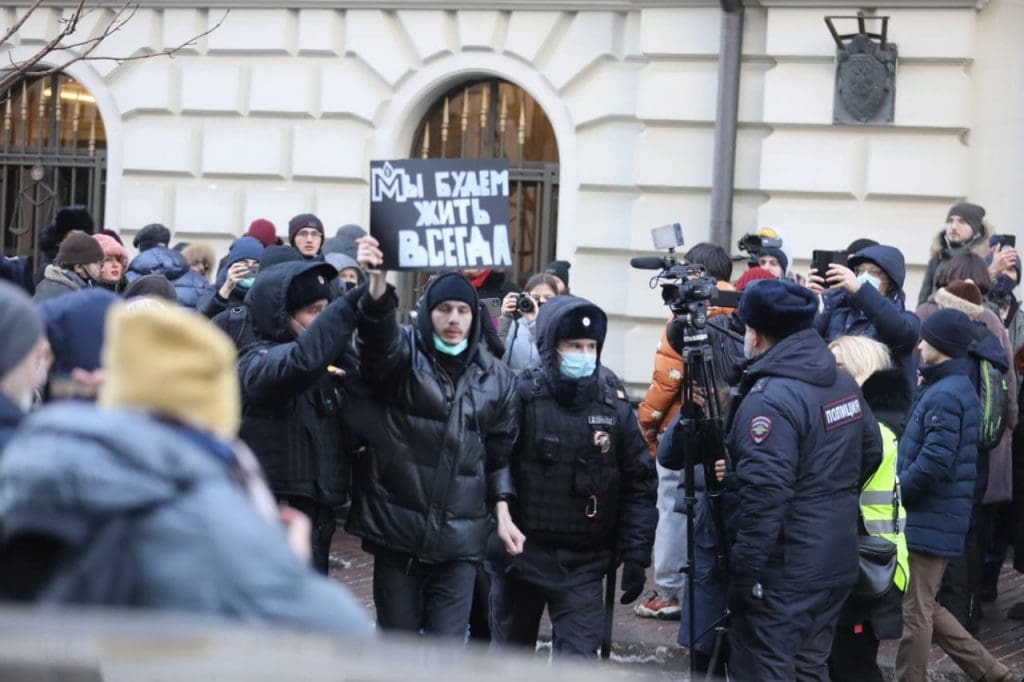
Russia’s supreme court has ordered the closure of Memorial International, the country’s leading human rights group, in a watershed moment in Vladimir Putin’s crackdown on independent thought.
The closure of Russia’s oldest human rights group which has more recently spoken out against the repression of critics under Russian President Vladimir Putin, marked the latest step in a sweeping crackdown on rights activists, independent media, and opposition supporters in the country.
Memorial was founded in the late 1980s to document political repressions carried out under the Soviet Union, building a database of victims of the Great Terror and gulag camps. Memorial has built a database of more than 2.6 million victims of Soviet repression, identified perpetrators of Soviet-era political crimes, and defended victims of human rights abuses and political repression.
The closure comes a month after prosecutors accused the Moscow-based Memorial Human Rights Centre and its parent structure, Memorial International, of violating Russia’s draconian “foreign agent” law, asking the court to dissolve them.
The draconian “foreign agent” legislation has targeted dozens of NGOs and media outlets seen as critical of the government.
The court on Tuesday ruled in favour of the Putin government, which charged at the hearing that Memorial “creates a false image of the USSR as a terrorist state, whitewashes and rehabilitates Nazi criminals”, referring to the Soviet Union.
Memorial dismissed the lawsuit against it as politically motivated.
“This is a bad signal showing that our society and our country are moving in the wrong direction,” said Memorial Board Chairman Jan Raczynski, according to the TASS news agency.
The group also said it would appeal, in Russia and at the European Court of Human Rights.
Critics and rights defenders say Memorial International’s closure marks an inflection point in Russia’s modern history, as efforts to publicise crimes under Soviet leaders such as Joseph Stalin have become taboo 30 years after the secret government archives were opened after the end of the Soviet Union.
Videos showed people inside Russia’s Supreme Court shouting “Shame!” after the judge ruled to shut down International Memorial.



